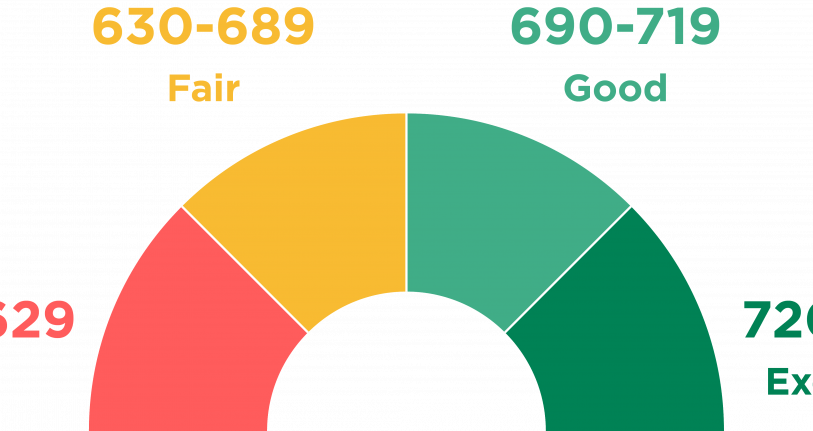A Short Credit History and Your FICO Scor

As hard as it may seem to believe, a short credit history affects a great many people. When checking your FICO 8 score you will find a number of positive and negative factors. Your score profile can list up to four major factors that are helping your score and up to four major factors that are hurting your credit score.
If short account history is a major factor influencing your FICO score, it will appear on the list of factors hurting your score. That risk factor means the length of your credit history.
FICO scores use the length of your credit history, which FICO sometimes calls account age, as a measure of your experience as a credit user.
Credit scoring models reflect the story that borrowers with more experience managing credit accounts tend to be more reliable in repaying debts than those with limited credit histories.
Therefore, a longer credit history tends to bring higher credit scores (Credit Profile Number), and seeing the short account history risk factor indicates that your limited credit experience is potentially hurting your credit scores.
A short credit history usually becomes a headache for users when they need to apply for a loan or service from a company.
The sad reality is that credit history is not something that is done overnight, so it is advisable for people who do not have any type of credit to create one; this can be done in several ways, such as applying for a credit card, taking out a property in any agency and even becoming an authorized user.
It is worth mentioning that the length of your credit history is responsible for only about 15% of your FICO score. The credit report. You would potentially be in much worse shape if you had major problems with your payment history, which accounts for about 35% of your FICO score, or with the amounts you owe on your accounts, which account for about 30% of your score.
FICO uses certain methods to calculate your credit history:
The age of your oldest account: this is the number of months since the opening date of the oldest loan or credit card account listed on your credit report. It does not matter if the account is open or closed.
The age of your youngest account: This is the number of months since you opened your most recent loan or credit card account.
The average age of the accounts: This is calculated by determining the number of months since you opened each of the accounts on your credit report, add them all up and then divide by the number of accounts you have.



